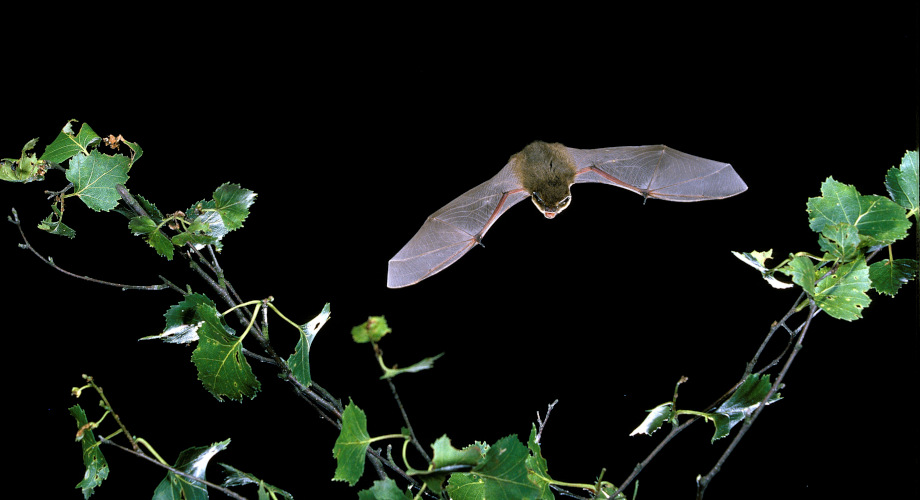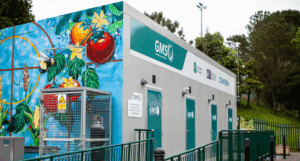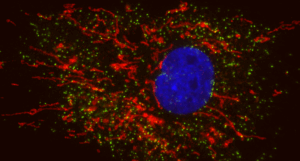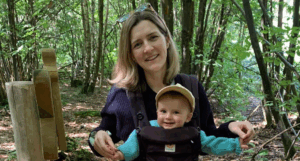Regenerative farming project to connect communities, farmers and wildlife

Picture by Hugh Clark/www.bats.org.uk
The University of Exeter is part of a national project funded by the National Lottery Heritage Fund, which aims to restore and conserve our natural heritage through regenerative farming.
A partnership led by the Bat Conservation Trust has received a grant of £727,000 for the development phase of the Connecting People and Landscapes in a Changing Climate project.
Made possible by National Lottery players, the project aims to connect communities, farmers and wildlife. The focus will be on wildlife conservation and habitat restoration on agricultural land, including ecosystem repair and species recovery.
The project will analyse the impact of climate change by using wildlife rehabilitation data. It will seek to understand local adaptation of some populations of the rare species of Bechstein’s bat, and will also provide ecological training, and increase landscape resilience to climate change.
The project will directly help threatened nocturnal mammal including seven species of bat, the hedgehog, and the hazel dormouse. The project will also deliver positive actions for all the UK’s bat species, farmland birds and a range of other wildlife.
Dr Orly Razgour, Senior Lecturer in Ecology, University of Exeter said: “This project offers a unique opportunity to use untapped data, through our partnerships with farmers, wildlife rehabilitators and nature conservation organisations, that will help us understand how British wildlife is responding to climate change and the landscape scale implications of these responses.”
Local communities and farmers will unite to build a community around nature-friendly food production, through support from existing regenerative farms and the creation of volunteer and paid placements. Agricultural land management, covering more than 70 per cent of UK land use, is a key driver for species declines along with the continuing impacts of climate change. Through gathering and sharing regenerative farming practice, this project links environmental well-being with human well-being and will result in more people being connected to their natural heritage, as well as future-proofing farms.
Kit Stoner, chief executive officer for the Bat Conservation Trust, said: “We’re delighted to receive this support thanks to National Lottery players. The UK’s 18 resident bat species have suffered massive historical declines, but through conservation action and effective legislation some are showing signs of recovery. With this funding we will show how regenerative farming and conservation can create communities where bats and people thrive together.”
Stuart McLeod, Director England, London & South at The National Lottery Heritage Fund, said: “We know how important helping to protect our Natural Heritage is and are pleased to support the Bat Conservation Trust. It’s through projects like these that we can make a real difference and gain a better understanding of how we can help nature’s recovery. We look forward to working with the project team to progress their plans to apply for a full grant at a later date.”
Chris Woodruff, Manager, East Devon AONB Partnership said: “Adapting approaches to farming and landscape management is no quick fix. It requires long-term evidence-based approaches and the development of strong partnerships to deliver change. We look forward to playing our part in supporting this exciting partnership project over the coming years to help nature adapt and recover, support land management transformation, and encourage, engage, empower and connect communities and nature.”



